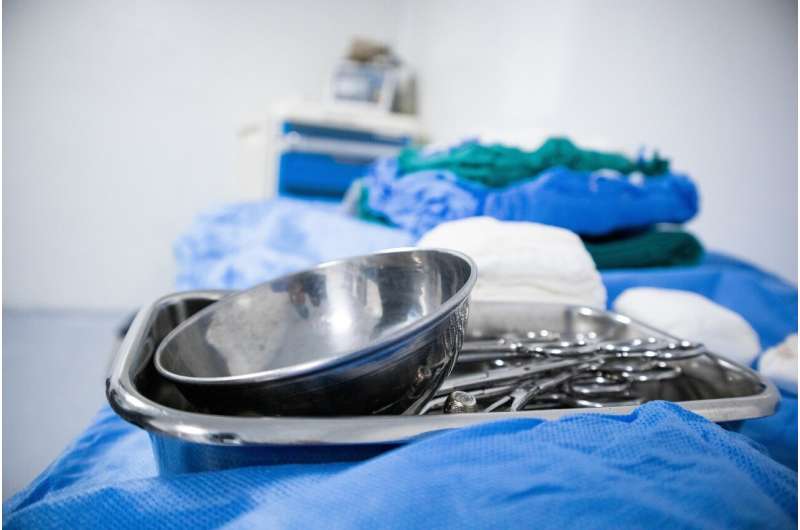Study Finds Preoperative GLP-1 Therapy Safe and Effective for Obese Surgical Patients

A groundbreaking study shows that GLP-1 receptor agonists are safe and effective for weight management in obese patients before surgery, potentially reducing post-operative complications without increasing risk. Further research is needed to confirm these findings and expand clinical guidelines.
A recent study published in eClinicalMedicine suggests that obese patients awaiting surgery can safely utilize glucagon-like peptide-1 receptor agonists (GLP-1 RAs) as a preoperative treatment to help reduce surgical risks associated with obesity. The research analyzed data from 21 studies involving over 97,000 surgical patients, where nearly one-third received GLP-1 therapy prior to their procedures.
The findings indicate that this medication not only facilitates significant weight loss—up to 16.7 kg over six months—but also improves blood sugar control, potentially leading to better surgical outcomes and lower healthcare burdens related to obesity. Importantly, the analysis showed that preoperative use of GLP-1 RAs was not associated with an increased risk of postoperative complications, challenging previous concerns about perioperative safety.
Lead researcher Dr. Sivesh Kamarajah from the University of Birmingham emphasized that weight management before surgery is crucial for reducing complications. He highlighted that current guidelines often rely on opinion rather than solid evidence, and this study provides strong support for re-evaluating those guidelines.
Despite these promising results, the authors stress the urgent need for high-quality randomized trials to confirm the safety, cost-effectiveness, and feasibility of incorporating GLP-1 therapy into standard preoperative protocols. Originally developed for managing type 2 diabetes, GLP-1 RAs have emerged as powerful weight-loss agents. However, their safety during the perioperative period has been a topic of debate, mainly due to concerns over delayed gastric emptying and aspiration risk.
Obesity remains a major health challenge worldwide, particularly among surgical patients where increased risks can lead to poorer outcomes and longer recovery times. While preoperative weight management strategies are vital, scalable and effective interventions remain limited. This research points to GLP-1 RAs as a promising option that could transform surgical preparation for obese individuals.
The study underscores the importance of further research to clarify the broader application of these therapies, especially as obesity-related surgeries are often time-sensitive and critical. As GLP-1 therapies move from diabetes management to weight reduction, their integration into surgical care could mark a significant advancement in reducing obesity-related surgical risks.
For more details, see source.
Stay Updated with Mia's Feed
Get the latest health & wellness insights delivered straight to your inbox.
Related Articles
U.S. Temporarily Suspends Live Animal Imports Due to Screwworm Outbreak in Mexico
The U.S. has temporarily halted live animal imports from Mexico due to a screwworm outbreak, aiming to prevent the spread of this dangerous parasite that affects both animals and humans. The ban emphasizes animal and food safety amidst ongoing eradication efforts.
Research Reveals Larger Brain Regions in Adolescents with Abdominal Obesity
New research indicates that adolescents with abdominal obesity have larger brain regions involved in learning, memory, and emotions, highlighting the impact of obesity on brain development during teenage years.
Artificial Intelligence Reduces Complications and Readmissions in Colorectal Cancer Surgery
A new AI-based system supports colorectal cancer surgeries, reducing complications, readmissions, and healthcare costs through personalized treatment planning.
New Insights Reveal Most Puberty-Regulating Cells Form After Birth Rather Than During Embryonic Development
New research reveals that most cells regulating puberty in the pituitary gland develop after birth, challenging previous beliefs about embryonic origins and opening new avenues for early diagnosis and treatment of reproductive disorders.



